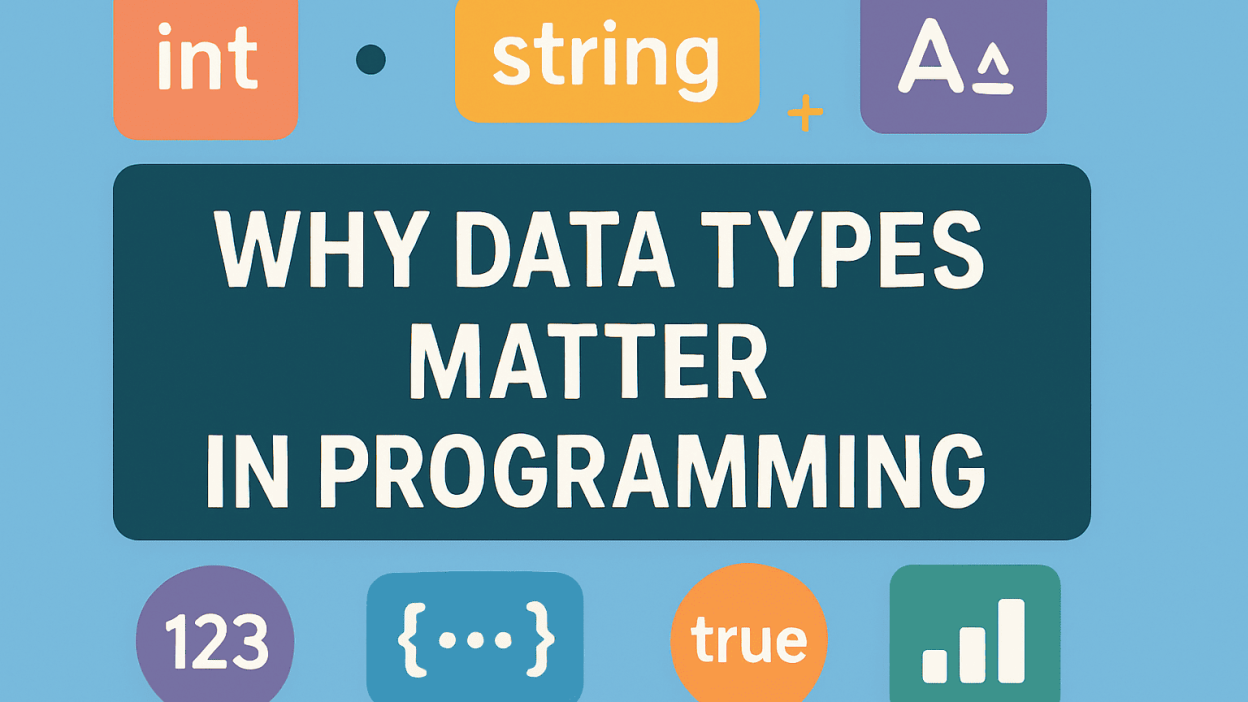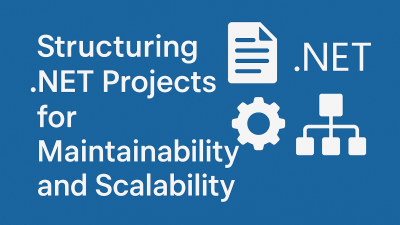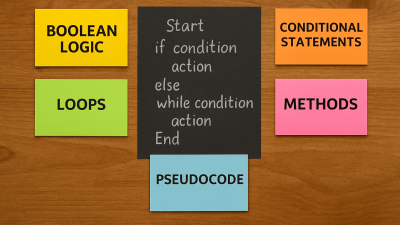This guide covers fundamental programming concepts related to data types and their conversion. It provides an in-depth look at core data types—integers, doubles, strings, and booleans—explaining their properties and applications in programming. Additionally, it demonstrates how to identify, categorize, and convert data types using practical C# examples, ensuring efficient data handling and error-free code execution.
Fundamental Data Types
Data types serve as the foundation of programming, defining how data is stored and manipulated. Key types include:
- Integers: Represent whole numbers (e.g., 5, -10).
- Doubles: Handle decimal numbers for precise calculations (e.g., 3.14, -0.001).
- Strings: Store text as sequences of characters (e.g., “Hello”, “123”).
- Booleans: Hold logical values (true or false), often used in conditions.
Each type has distinct characteristics, influencing how data is processed in operations.
Identifying and Categorizing Data Types
To work effectively with data types, programmers must:
- Determine a variable’s type using functions like GetType() in C#.
- Check compatibility between types before operations or conversions.
- Convert data types using methods like int.Parse() or TryParse() to safely transform strings into integers.
Data Type Conversion Techniques
Converting between data types is essential for seamless operations. Common methods include:
- Casting: Explicitly converting one type to another (e.g., (int)3.14 truncates to 3).
- Parsing: Interpreting strings as other types (e.g., int.Parse(“42”) converts to integer 42).
- Implicit Conversion: Automatic conversion by the compiler (e.g., assigning an int to a double).
- Explicit Conversion: Requires manual intervention (e.g., Convert.ToInt32()).
Example in C#
string numberText = "123";
int number = int.Parse(numberText); // Converts string to integer
double preciseValue = (double)number; // Casts integer to double Conclusion
A strong grasp of data types and conversions is vital for accurate data processing and reliable code. Proper usage minimizes errors and enhances program efficiency, making these concepts essential for every programmer.



